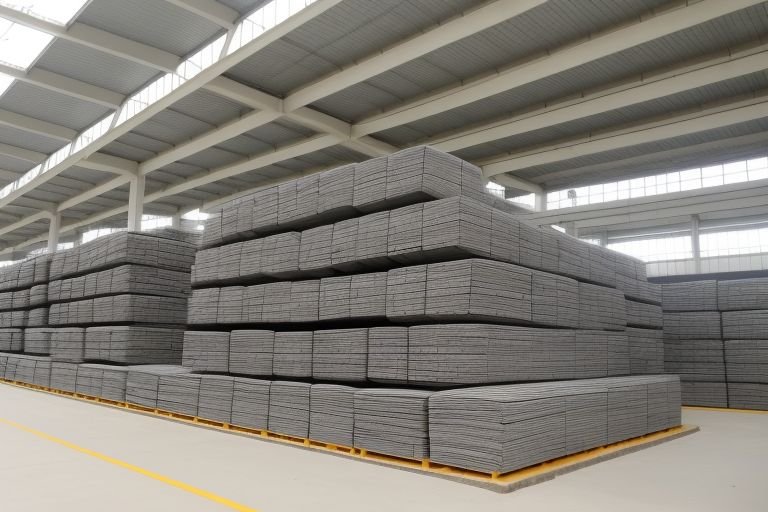, in an attempt to lure foreign investment, Mexico’s newly created digital agency has pledged to cut the time it takes to establish manufacturing operations in the country considerably. The simplified system is expected to reduce the average waiting time from close to three years to over a year and can boost Mexico’s nearshoring proposition.
The government digital agency, launched by President Claudia Sheinbaum’s administration on a national level, has set its goal to streamline and consolidate about 7,000 governance procedures through a unified online platform. In the future, this is thought to drastically lessen organizational obstacles and lengthen time prerequisites to establish more new factories and manufacturing plants in Mexico.
As it is now, the foreign company interested in establishing its factories in Mexico has to undergo a delicate and lengthy process that might take up to 2.6 years to satisfy the necessary permits and approvals. Organizers of the new initiative proposed to cut this time frame to 1.3 years only, that is, to lessen the waiting time by half. They regard this move as an essential attempt to progress upon the list of competitive countries in terms of manufacturing, mainly in connection with the nearshoring momentum.
We plan to create a corporation as part of the digital transformation project, which is a strategy for building investment promotion and social service at the same time. President Sheinbaum has always ensured balanced economic progress and social development, something that has been endorsed by both economic players and social pillars.
Analysts have for years pointed to Mexico’s off-putting administrative procedures as a cause of concern to foreign manufacturing companies planning to set up shops in the country. With this problem identified and tackled, the Mexican government is really showing its seriousness in creating a much better climate for business.
The initiative comes at a ripe time as many businesses in Mexico seek to establish themselves as strategic manufacturing hubs for companies seeking to de-Asia their supply chains. Foreign Direct Investment is likely to flow into the country seeing that the globalization shift to near shoring which has been attributed to recent geo-political tensions and consequent disrupt on the supply chain, has provided Mexico with the opportunity to scoop the much needed FDI.
Nevertheless, it is crucial that this large-scaled plan should be implemented suitably at different levels of government. Another factor that will remain essential is the different levels of government cooperation to smoothly implement the change from a traditional physical wage system to a digital one. The digital agency has recommended that awareness-creation programs that ensure that government officials are trained adequately on the new processes are essential.
The business community has welcomed the announcement with different industry bodies urging the government to implement the measures. Also, the American Chamber of Commerce in Mexico has welcomed the initiative and said it would optimistically contribute towards improving Mexico’s investment appeal.
Even though, these changes are seen as mainly applicable to manufacturing, several other industries are likely to reap from these advances as well. The streamlined procedures can also be applied to such sectors as technology, renewable energy, and services, which will strengthen Mexico’s economic derivatives.
Some controversies have been echoed by critics who argue that such an integrated structure is likely to be fraught with corrupt practices and that adequate measures must be in place to guard against the likely dilution of environmental and labor policies in the zeal to woo investors. The government, on its part, has pointed out the fact that certain aspects of the digital platform, which are integrated with the authorities, include transparency features that will enable scrutiny.
That is why, as Mexico dares to enter this ambitious digitalization marketing process, the international business community is now focused on the further results of the launched processes. The success of this process can redraw the economic map of Mexico, which can firmly step into the role of the significant node of the new global supply chain. Still, with the hope of having reduced bureaucratic procedures and a shorter time to establish, the country is on the path of beginning a new chapter of vocational industrialization and international investment.


